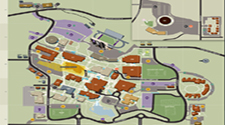Your Microbiology degree can be the first step toward a rewarding career as a dentist, practicing medicine, even veterinary medicine!
Pre-Medical Program
Careers
Studying microbiology can help you prepare to go to medical or graduate school. However, you are still highly employable as a microbiologist right after graduation in private industries or governmental agencies. Microbiologists can specialize in a variety of areas. From the food to the space industries, and everywhere in between, there are many opportunities for microbiologists!
What will you do with YOUR microbiology degree?
Health Professions:
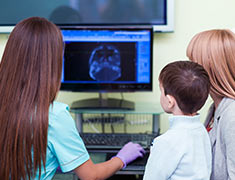
Dentistry & Medicine
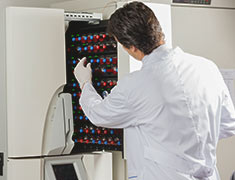
Clinical Microbiologist
Determine the cause of infections in humans and animals. Establish antimicrobials for treatment. Play a central role in the detection of new infectious agents.
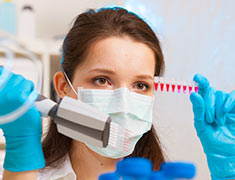
Immunologist
Investigate the body’s defense against disease to answer basic questions about bacterial growth, metabolism, diversity and evolution.
Private Industry & Organizational Research:
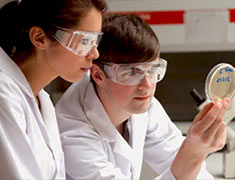
Bacteriologist
Seek to answer basic questions about bacterial growth, metabolism, diversity and evolution and use that knowledge to change how to perceive and understand our world.
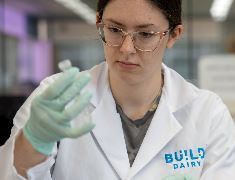
Food Scientist
Monitor the safety of foods & food production practices, develop novel food products, & research ways to ensure the nutritional & sensory qualities of foods.
BUILD Dairy Western Dairy Center
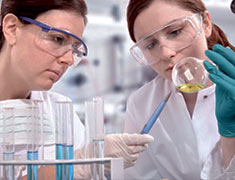
Biotechnologist
Manipulate genes in order to modify microorganisms. Their work produced novel organisms that make new products for human use. (i.e. insulin, medicine, grocery store items).
.jpg)
Cell Biologist
Explore the actions of molecules on and in the cell. Their investigations determine how microorganisms and cell function.
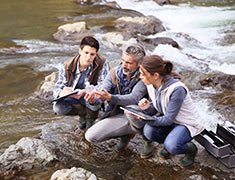
Environmental Studies
Investigate the effects of biological, chemical, and geophysical activity on the environment. Their studies provide information necessary for helping humanity cope with the consequences of life.

Geneticist
The language of life is written with four letters, A, C, G, and T. Each letter taken by itself is meaningless. But together the letter create a code of life. Geneticists study the process by which organisms inherit and transmit genetic information.

Mycologist & Virologist
Mycologists explore the various uses of molds and yeasts for the production of antibiotics as well as food. Virologists study viruses and bacteriophages. They are interested in how viruses change and are always on the alert for new types.

Parasitologist
Investigate the complex life cycles of, and adaptations made by, organisms which depend on other organisms for survival.
Writing, Education & Much More:

Science Writer
Write articles for the general public as well as for microbiology professionals. They must have a thorough understanding of language, grammar and science.
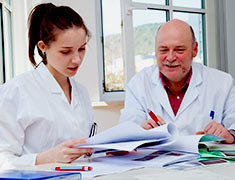
Education
Many people interested in biology find their greatest rewards in introducing others to the subject. Secondary school teachers must be generalists, capable of giving students a broad spectrum of knowledge about living organisms.Teaching at the college and university level requires more specialized training.
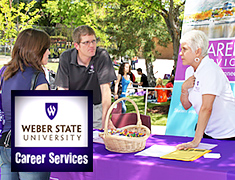
WSU Career Services
Career Services provides all WSU students with the resources needed to find, interview for, and gain employment.
Check out this great resource specifically for Microbiology majors: Career Pathways in Microbiology.
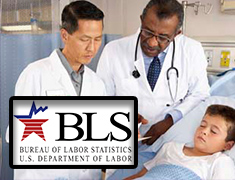
Bureau of Labor Statistics
Visit the BoLS to learn even more about microbiology careers. There, you'll find in-depth descriptions, including typical environments, expected salaries and job outlooks.
To get started, try these:
♦ Microbiologist
♦ Veterinarian
♦ Genetic Counselor
Advisor & Office Hrs
New Major Advisors
Dr. Michele Culumber
Dr. Daniel Clark
Dr. Matthew Crook
Monday - Friday
8:00 a.m. - 4:30 p.m.
Mailing Address
Weber State University
College of Science
1415 Edvalson St., Dept. 2506
Ogden, UT 84408-2506
